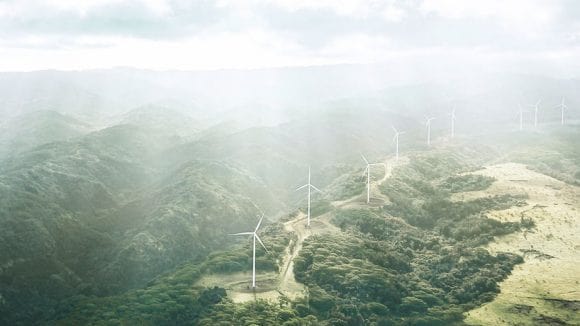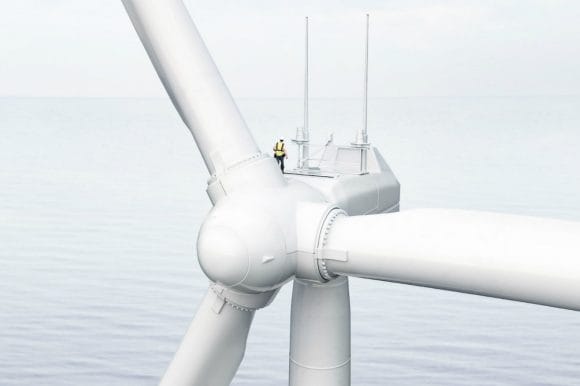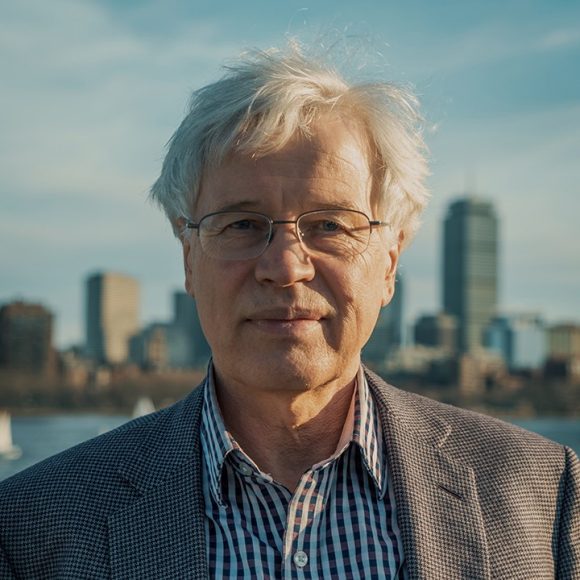Green economics: Do we have to choose between growth and sustainability?
Companies should no longer be committed to their return on investment alone but to nature, society and future generations. Nobel Laureates discuss green economics and the challenges of growing sustainably.







